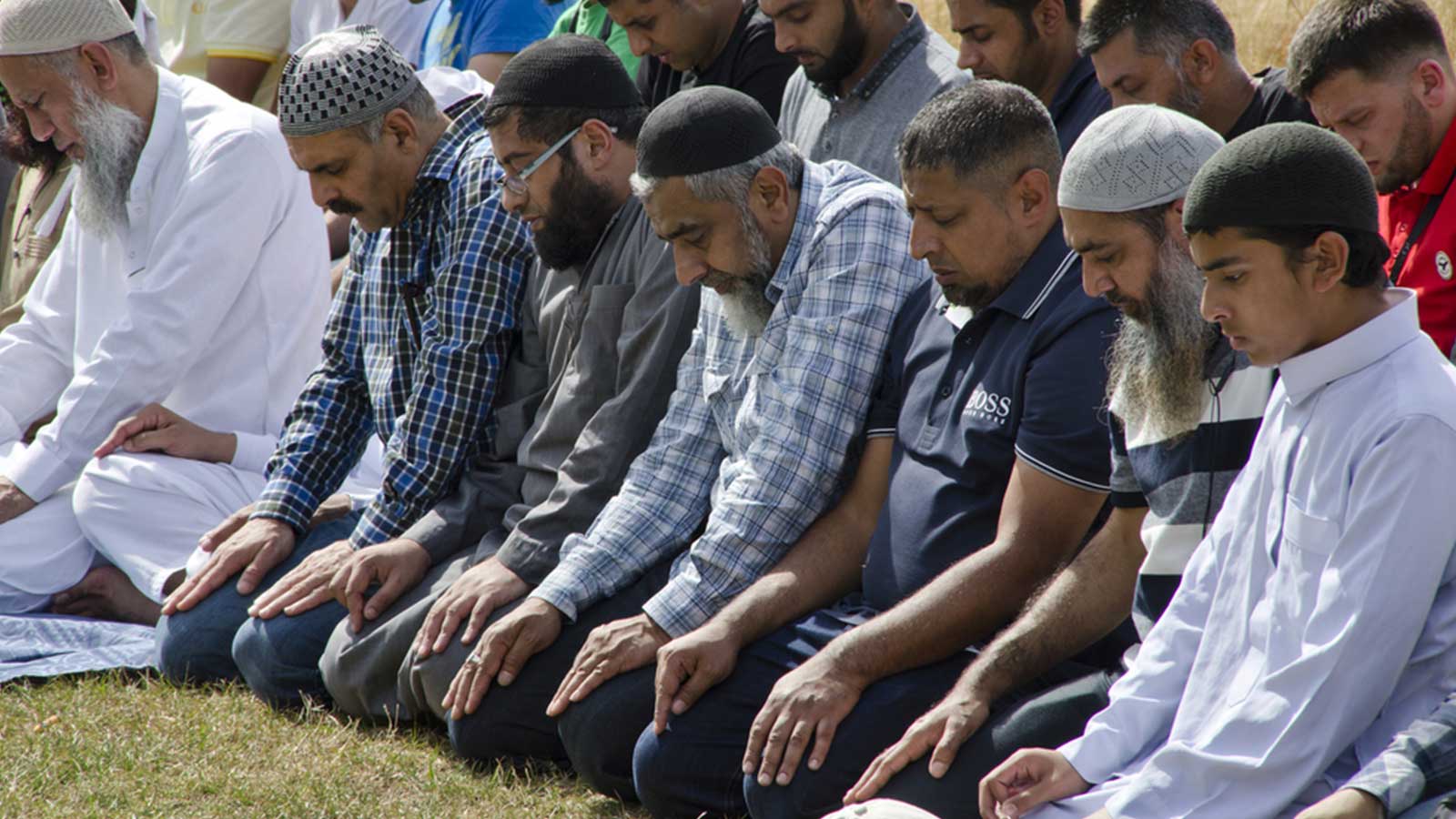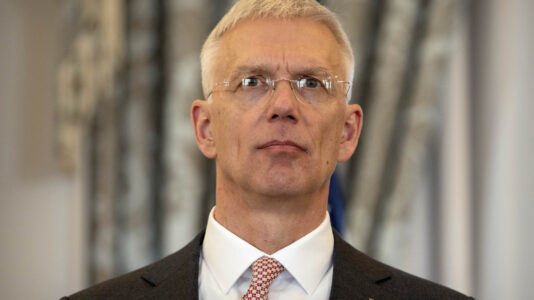Less than a quarter of Muslims living in Britain believe that Hamas terrorists raped and murdered Israeli civilians in the Oct. 7 massacre, a poll published on the six-month anniversary of the attack has revealed.
The survey, conducted by J.L. Partners for the Henry Jackson Society, provided an alarming insight into the attitudes shared among Muslim communities living in the West — many of whom do not believe Israel has a right to exist, feel greater sympathy with proscribed terror organization Hamas, and consider Jews to have too much influence on public broadcasting and government policy.
When asked whether Hamas terrorists committed murder and rape in Israel on Oct. 7, just 24 percent of respondents said they did, compared to 39 percent who refuted the claims and 38 percent who said they were unsure.
The figures are in stark contrast to the wider British public, 62 percent of which accepts that Hamas committed such atrocities.
Anti-Jewish sentiment is rife among the British Muslim community, according to the polling. Just 24 percent believe Israel should exist as a Jewish homeland compared to 49 percent who think it should not, and 46 percent express more sympathy for Hamas than Israel, with just 3 percent more supportive of the Jewish state.
In relation to the Western view of the ongoing Hamas-Israel conflict, a majority of British Muslims (52 percent) believe Britain’s public broadcaster is biased towards Israel. This is despite the British broadcaster coming under considerable scrutiny for its initial reporting of Israeli retaliatory air strikes in Gaza following the Oct. 7 massacre. The broadcaster was slammed after its correspondent in the region inaccurately reported a blast on a Gaza hospital as an Israeli air strike, and the BBC was required to suspend several journalists at BBC Arabic for liking social media posts describing the October attack as a “morning of hope” and referring to Israelis as “Zionist thieves and usurpers.”
Similarly, almost half of British Muslims (46 percent) believe that Jews have too much power over U.K. government policy, nearly three times higher than the collective view of the wider public (16 percent).
Muslims want to see Islam declared the national religion of Britain
Further polling questions revealed the desire of many Muslims living in the U.K. to shift the dial of British society from a less secular society to accommodate their religious beliefs.
Two-thirds (63 percent) of British Muslims want to see Islamic prayer rooms installed in non-religious buildings such as hospitals with a similar majority (65 percent) supporting a move to make Eid-al-Fitr a public holiday in Britain.
Nearly six in ten respondents (57 percent) demanded the compulsory use of Halal food across all British schools and hospitals and over half (52 percent) of Muslims called for legislation to criminalize showing a picture of the Prophet Mohammed.
While 61 percent of British Muslims would currently vote for the Labour Party, just 16 percent would consider it to be undesirable to have an Islamic political party in Britain. Similarly, just 23 percent think it would be undesirable to have Islam declared as the national religion of Britain and Sharia Law introduced across the country.
In stark contrast to the tolerance of Britain’s wider public, Muslims are less willing to accommodate progressive values in relation to homosexuals and women. Just 17 percent consider it to be undesirable for women to play a more prominent role in society while only 28 percent think legislation to criminalize homosexuality in the U.K. would be a bad thing.
British Muslims are also far more supportive of the legalization of polygamy in Britain compared with the wider public, in line with their religious values — while 70 percent of all Brits think this would be a bad move, that figure is halved (35 percent) when considering Muslim respondents in isolation.






